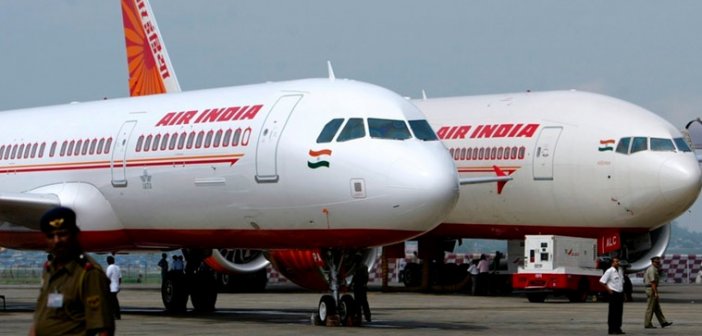(FE)
Now that the Air India sale process has come a cropper, and the government is reportedly looking at listing Air India (AI) in order to make it a truly independent company, the obvious question is who will buy it? As per the plan, once the government stake in Air India falls to below 50%, an independent board and a brand-new team can be appointed to fly the airline into profitability—once the stake is below 50%, the PSU is outside the purview of CBI/CVC/CAG as well as rules such as on compulsory tendering, and this makes operations smoother.
There are, of course, several problems with this idyllic picture. For one, how do you ensure the government does not interfere in Air India’s running even if its stake is, say, 48%? The government, it is true, is not interfering with the running of Axis Bank where it has a significant stake, but it is in the case of UTI where it has an indirect stake of 74% via public sector financial institutions. But, even if you assume that the government genuinely stops interfering, or it sells all Air India’s shareholding to the public, why would financial investors buy the airline? Getting an LIC or an EPFO to buy large chunks of Air India’s equity is always an option, but, that is hardly desirable since it risks the retirement savings of crores of Indians.





